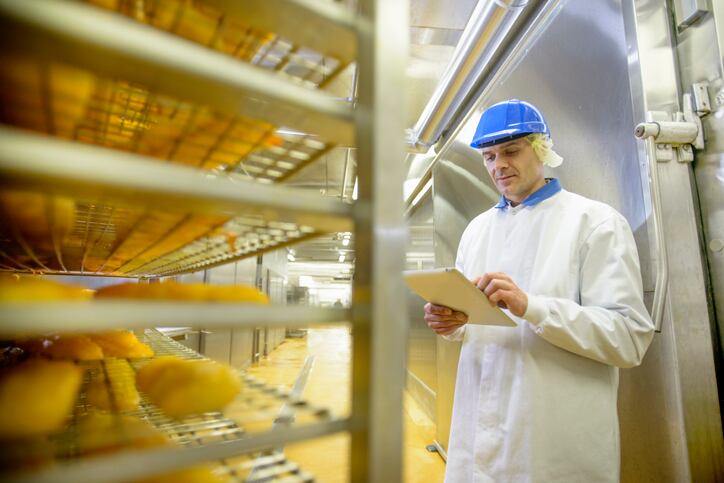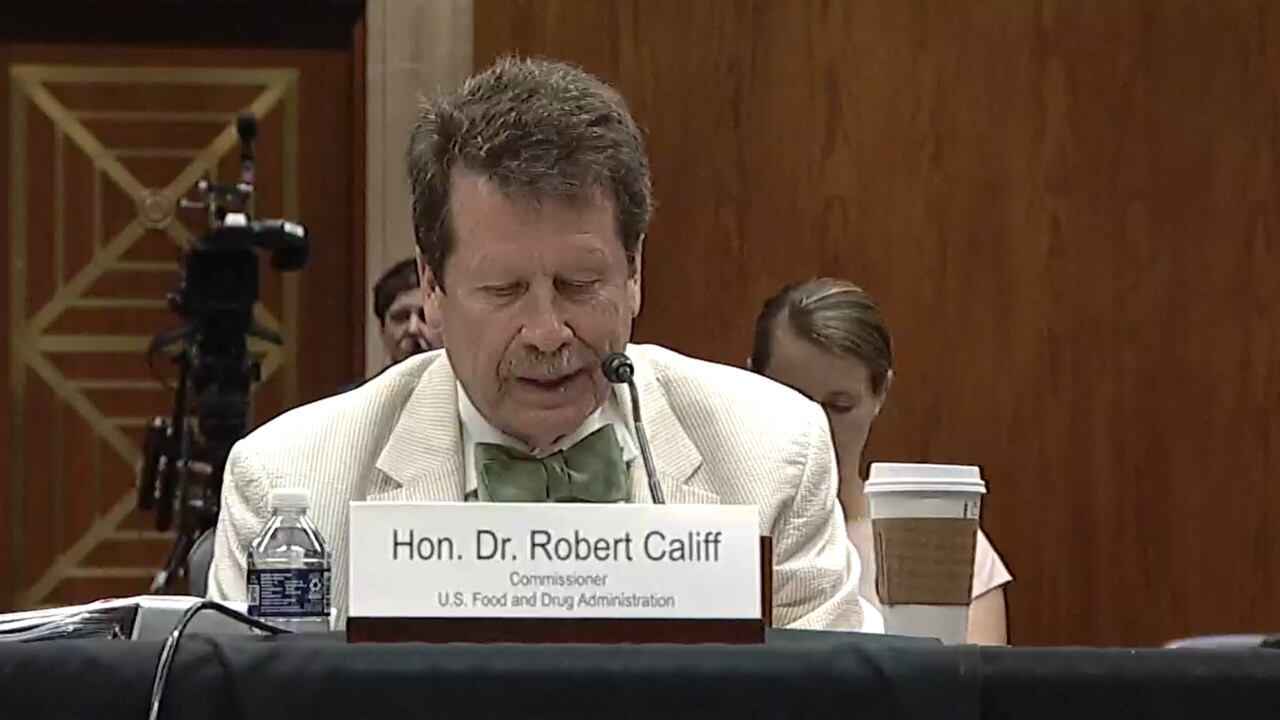The increased budget request will impact “virtually every component of the agency,” including “8,000 of our 18,000 employees,” Califf explained.
Following the independent review from the Reagan Udall Foundation and an internal review, FDA is undertaking a massive reorganization initiative to create a Human Foods Program which will unite “human foods, functions, resources and personnel from across the agency all under a single leader,” he said. The program, which was initially expected to begin in the summer, is slated to begin this fall.
The Human Foods Program Deputy Commissioner Jim Jones will have “full decision-making authority over the entire program, including setting strategic direction for food inspections, as well as work planning, risk prioritization and program resources allocation,” Califf elaborated.
FDA also is renaming the Office of Regulatory Affairs to the Office of Inspections and Investigations and “refocusing the office on its functions of inspections, investigations and import operations,” to eliminate duplications and streamline its inspection processes.
The FY 2025 budget request will also look at other areas outside of the reorganization, including the development of more efficient supply chain management and “mitigating shortages of critical products.”
Modernizing IT infrastructure and data processes
The agency also requested an increase of $8.3m to modernize its IT infrastructure and data processes for the agency, in addition to $2m “to implement common business processes and data optimization,” he said.
“Data and information are at the center of everything that we do. And we need the technology that enables our workforce to do their jobs. With modern efficiencies and analytical knowledge it is now possible because of the rapidly changing underlying technology,” Califf said.
Califf cited the need for “computing advances” such as cybersecurity improvements and AI “while we are in the midst of a challenging budget environment.”
Clarifying additional appropriated funds for state and local food inspections
Rep. Sanford Bishop (D-GA) and Senate Committee member for Banking, Housing and Urban Affairs questioned Califf on “very troubling rumors that the FDA is planning to cut funding for state and local food safety inspection programs by about $34m in 2025.”
Bishop continued, “State [and] local inspectors are FDA’s right hand when it comes to inspections and they conducted nearly 5,700 inspections in 2023 out of a modest cost … why would you do this [with] nearly $1.1bn in increased budget authority since 2014? It seems very hard to believe that you cannot find $34m.”
Califf explained that while the $83m that is “generously appropriated … every year for the states,” for optimizing “interactions with states and territories and tribes,” the agency will cut excess money raised beyond “what was appropriated,” and have already informed states that “fiscal times are tighter [and] we do not have excess money to move around to meet needs.”
'Phasing in' the Food Traceability Program
In response to FDA’s final rule on the Food Traceability Rule, which was published last week which provides faster identification and removal of potentially contaminated food from the market, Bishop along with Reps. Scott Franklin (R-FL) and James Panetta (D-CA) introduced H.R. 7563 Food Traceability Enhancement Act, which “requires FDA to run pilots before the rule takes effect” January 20, 2026.
“I ask whether you think industry is ready to take on this enormous task of implementing the Food Traceability Rule, if not, would you commit to doing pilots first or at least delay in the compliance state,” Bishop asked.
Califf commented that while “he cannot speak about specific pending legislation,” FDA is in the process of working with the industry to determine “the best time schedule,” and will “have some phasing in” of the program.




